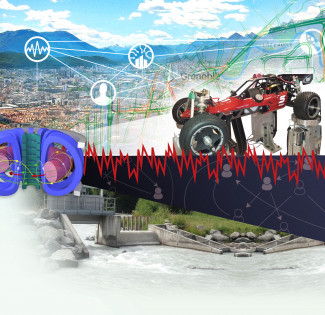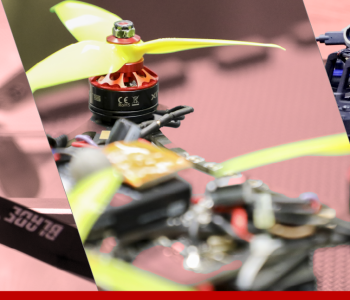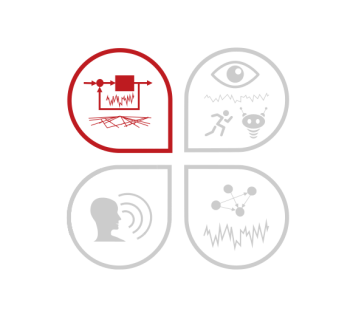In a context where modeling, estimation, analysis and control theory for dynamical systems have reached a certain maturity for well-defined models and where uncertainties on the data, the operational environments, and the models themselves strongly gained relevance, MODUS team puts these issues at the heart of its research: uncertainties must be considered in the framework of guaranteed methodological approaches, to deal with problems strongly linked to the real world.
These issues lead to consider control and decision-making strategies that aim at going beyond classical closed-loop methods, by resorting also to the potentialities of modern optimization tools. Furthermore, the uncertainties related to missing measurements or partially unknown model parameters naturally motivate the interest on the fundamental problems of estimation, as for inverse problems, identification and observation. The developed methods will therefore combine classical tools based on Lyapunov or optimal control (calculus of variations, dynamic programming, MPC) for guaranteeing stability or optimality, with stochastic, set-based or learning-based techniques for dealing with uncertainties and large data sets.
In line with the projects already launched, and with the desire to further develop relationships with the socio-economic context, the application domains fall within the Energy/Mechatronics, Processes/Environment, Computing/Data and Health/Living contexts.
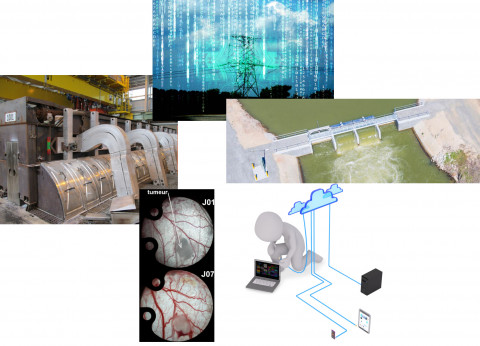
Chiffres-clés
10
permanents
12
doctorants & post-doctorants
9
collaborations industrielles
Axes de recherche
Les thématiques de recherche de MODUS visent notamment :
- la modélisation en développant des modèles pour des systèmes incertains et basés sur des données du monde réel ;
- l'estimation en développant et en appliquant des techniques d'estimation et d'observation à des systèmes réels ;
- la commande, en concevant et en appliquant à des systèmes réels des contrôles modernes s'appuyant sur des outils d'optimisation et des techniques d'apprentissage ;
- l'énergie, et plus particulièrement les systèmes de production et de conversion d'énergie, le contrôle des réseaux électriques, les réseaux de communication et les réseaux intelligents.
- les procédés avec le contrôle des procédés tels que la production d'aluminium
- l'environnement avec la gestion de l'eau (transport, pollution, surveillance, optimisation)
- l'informatique et les données en modélisant et en contrôlant des systèmes informatiques et de télécommunications (Cloud), au travers de méthodologies d'apprentissage automatique appliquées au contrôle
- la santé et le vivant avec des modèles appliqués au cancer et aux thérapies basées sur le contrôle ; avec des modèles pour l'EEG et l'activité neuronale dans des situations d'épilepsie ; avec la surveillance de l'anesthésie et la détection des pathologies telles que Alzheimer.
Mots-clés
systèmes non linéaires, systèmes incertains, analyse de stabilité, contrôle optimal, optimisation, conception d'observateurs, contrôle prédictif, apprentissage automatique, identification de systèmes, anesthésie, production d'aluminium, générateur éolienne, pipelines, production d'énergie, EEG
Prix et distinctions

Andrea MATTIONI
Best “Aluminium Electrolysis” student paper award, ICSOBA, 2024

Andrea MATTIONI, Gildas BESANCON & Mirko FIACCHINI
Best application paper award, SAFE PROCESS, 2024
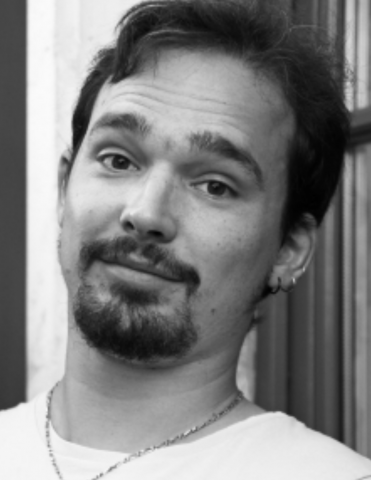
Matteo TACCHI
Best paper award, Optimization letter journal, 2022

Gildas BESANCON
Best paper award, ICSTCC, 2019
Projets
Coopération UMFST/UEFISCDI
2024
Financement : Romanian Ministry of Research, Innovation and Digitalization PN-IV-P2-2.2-MCD-2024-0388
Coordinateur : Bogdan ROBU
RADYAL
2023-2027
Financement : ANR-23-IAS3-0002 TSIA
Coordinateur : Stefan DUFFNER (UMR 5205 - Laboratoire d'Informatique en Image et Systèmes d'information)
DAMon
2021-2024
Financement : PERSYVAL-lab
Coordinateur : Mirko FIACCHINI
Partenaires
Partenaires académiques
- University of Newcastle (Australia)
- University of Pise (Italy)
- IMT-Atlantique (Nantes)
- LAGEP (Lyon)
- G2Elab (Grenoble)
- INRIA Grenoble
- INRIA Lille
- INSA Lyon - LIRIS
- Politecnico di Torino
- UFRGS Porto Alegre (Brésil)
- Universidad Nacional del Litoral, Sante Fe (Argentina)
- National Technological Institute of Mexico (TecNM)
- Univ. Politehnica Bucarest (Roumanie)
- INS Instit Neurosciences Marseille
Partenaires industriels
- Schneider Electric
- General Electric
- CEA
- IFPEN
- SEB
- Amiral-Technologies
- EDF
- Rio Tinto
- IFP Energies Nouvelles (Institut Français du Pétrole)
